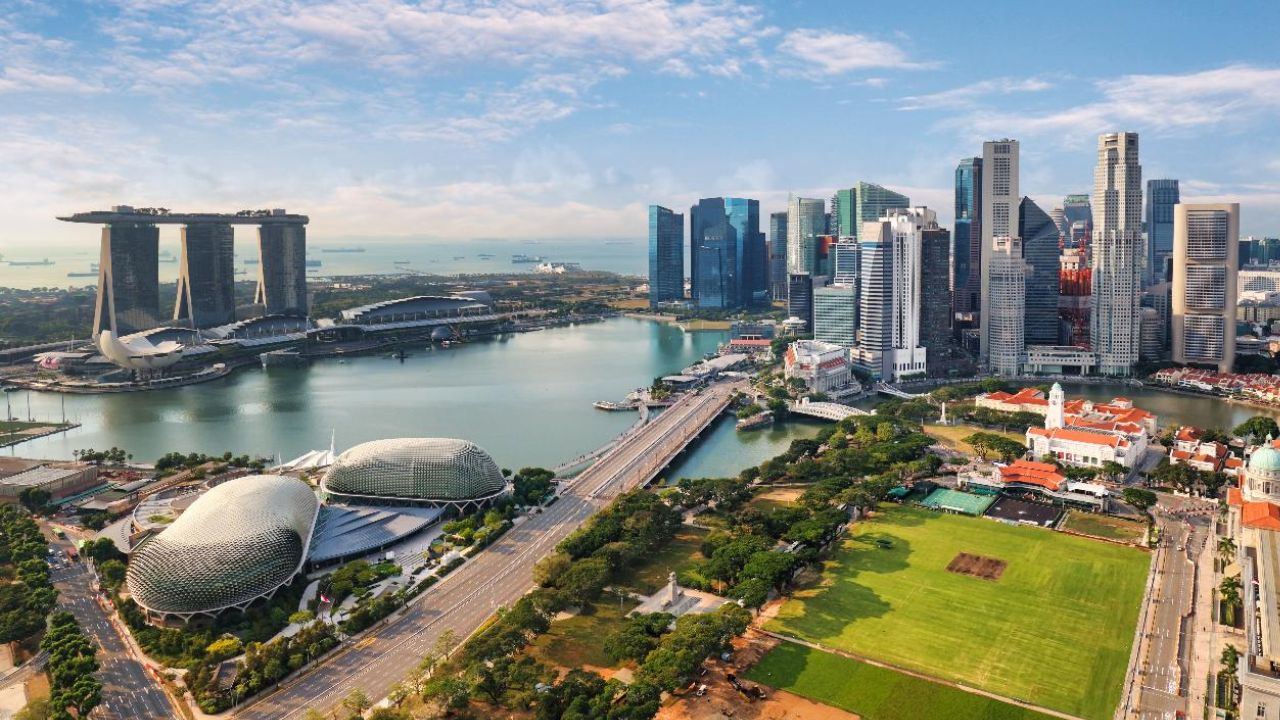Singapore has always been a top destination for foreign professionals thanks to its stable economy, strong job market, and high quality of life. However, starting in 2025, the government is introducing significant updates to the Singapore Work Permit framework. These changes are aimed at strengthening the local workforce while still welcoming skilled foreign talent to support critical industries. Understanding these updates is crucial for both employers and workers to stay compliant and to make the most of the opportunities in Singapore.
Table of Contents
Balancing Local and Foreign Talent
The primary goal of the new framework is to create a healthy balance between nurturing local talent and bringing in expertise from overseas. With global competition for jobs intensifying, Singapore wants to ensure that its workforce remains competitive, highly skilled, and future-ready. The reforms focus on higher salary thresholds, clear skill and education requirements, and stricter obligations for employers to prioritize local hiring before turning to foreign workers.
Higher Salary Requirements
One of the most noticeable changes in 2025 is the increase in minimum salary thresholds, particularly in industries such as construction, marine, and manufacturing. This move is designed to attract more experienced and skilled professionals while discouraging reliance on low-cost, low-skilled labor. For workers, this means better pay and improved working conditions, while employers will need to ensure that their job offers meet the new salary standards to secure approvals.
Age and Skills-Based Eligibility

The updated system also introduces stricter rules on age and qualifications. Applicants must now be under the age of 50 and possess relevant educational credentials or proven technical expertise in their field. For foreign workers, this highlights the importance of upskilling and obtaining certifications to meet industry demands. These changes align with Singapore’s vision of building a workforce that can adapt to evolving economic needs and technological advancements.
Stricter Responsibilities for Employers
Employers will now have greater accountability under the 2025 framework. Companies must demonstrate genuine efforts to recruit local workers first, show proof of training programs for Singaporean employees, and provide clear justifications for hiring foreign talent. Failure to meet these standards could lead to delays or even rejection of applications. These reforms are designed to ensure that foreign hires complement rather than replace the local workforce, promoting long-term growth and collaboration.
A More Efficient Application Process
Along with stricter requirements, the Ministry of Manpower has streamlined the application process to make it more efficient. Submissions are now fully online, reducing processing times for complete and accurate applications. However, with the faster system comes stricter enforcement applications with errors or missing documentation are more likely to be delayed or rejected. Both employers and workers need to ensure their submissions are precise and compliant with the updated guidelines.
What These Changes Mean for Foreign Workers
For foreign professionals, these updates present both challenges and opportunities. The higher bar for eligibility means that competition will be tougher, but those with in-demand skills and relevant experience will benefit from better salaries, improved working conditions, and faster processing times. To increase their chances, workers should focus on upgrading qualifications, earning certifications, and targeting industries with strong demand for foreign expertise.
Preparing for the Future Workforce
The 2025 updates are more than just regulatory changes; they are part of Singapore’s long-term strategy to build a resilient, high-value economy. By prioritizing skilled talent, promoting fair wages, and encouraging workforce development, these reforms aim to strengthen the nation’s position as a global hub for innovation and talent. Employers must adapt their hiring strategies to align with the new rules, while foreign workers should embrace continuous learning to stay competitive.
The 2025 Singapore Work Permit reforms represent a significant shift in the country’s employment landscape. While the rules are stricter, they also open doors for skilled professionals to thrive in a more structured and supportive environment. For employers, the key lies in compliance and strategic talent planning, while for workers, preparation and upskilling will be the path to success in Singapore’s evolving job market.

